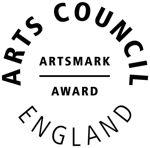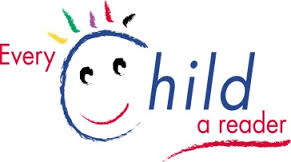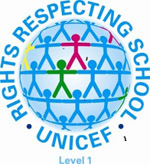Religious Education

How we teach Religious Education
At Crosslee Community Primary School, we believe that it is vital for all our pupils to develop their knowledge in Religious Education in order for them to understand the world around them. Our Religious Education curriculum engages, inspires, challenges and encourages pupils which equips them with the essential knowledge and skills to answer challenging questions and develop a more rigorous understanding of the numerous religious traditions, beliefs, faiths and practices that are followed in our multi-cultural societies, communities and cultures.
In Nursery, children are taught Religious Education through six units as part of Understanding the World. From Reception to Year 6, children follow the Manchester Agreed Religious Education Syllabus which is centred around the National Curriculum. The syllabus promotes respect and open-mindedness towards others with different faiths and beliefs and encourages pupils to develop their sense of identity and belonging through self-awareness and reflection and encourages their spiritual, moral and social development. Children are taught how religious education promotes discernment and enabled to combat prejudice, preparing them for adult life, employment and life-long learning
Our curriculum is carefully sequenced to ensure that it is progressive. Key skills are embedded through each engaging unit of work and key questions are revisited and developed throughout their time with us. Units, such as ‘Who is Christian and what do they believe?’ are studied in Key Stage One and studied again and built upon in Key Stage Two. This approach allows children to build upon their prior knowledge whilst embedding knowledge into their long-term memory.
.jpg)
At Crosslee Primary School, the following religions are studied:
- Christianity
- Islam
- Judaism
- Hinduism
- Buddhism
- Sikhism
There are no presumptions made as to the religious backgrounds, beliefs and values of the children and the staff. We value the religious background of all members of the school community and hope that this will encourage individuals to share their own experiences with others freely. All religions and their communities are treated with respect and sensitivity and we value the links, which are, and can be made between home, school, and a faith community. We acknowledge that each religion studied can contribute to the education of all our pupils.
As Christianity is the predominant religion in the school's pupil population and in the community surrounding the school, it is studied as a faith each year. Alongside this we ensure all children experience and learn about the five other world faiths to reflect our schools mission statement and to value and celebrate our diversity. This develops our children as citizens and increases their cultural capital opportunities. This will include opportunities to encounter local faith communities through trips to local places of worship and visitors into school.
.jpg)
.jpg)
At Crosslee, we believe that all children have a right to a good quality education (Art. 28 UNICEF Charter) and should have an opportunity to access the curriculum of their year group so they can become well-rounded citizens. We adapt our curriculum and pedagogy to meet the needs of all of our children, inclusive of children with Special Educational Needs and Disabilities. We have developed a toolkit of strategies to support children with difficulties in Cognition and Learning; Social, Emotional and Mental Health; Communication and Language and Physical impairments in order for them to access and progress in Religion Education lessons alongside their peers.
Find out more on your child's History Units using the following links:





.png)
